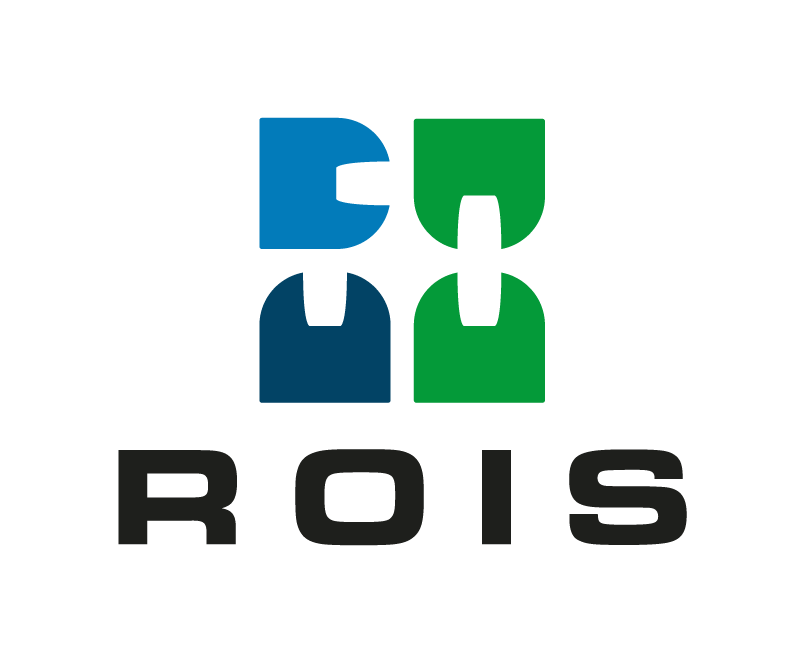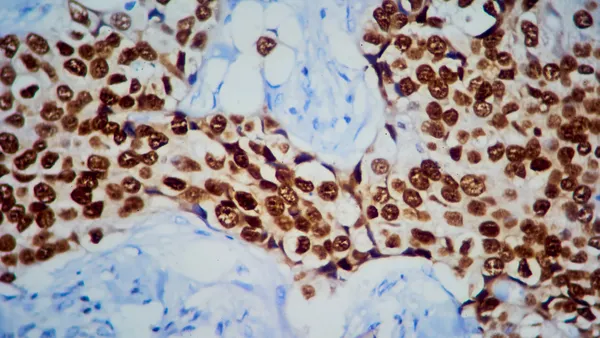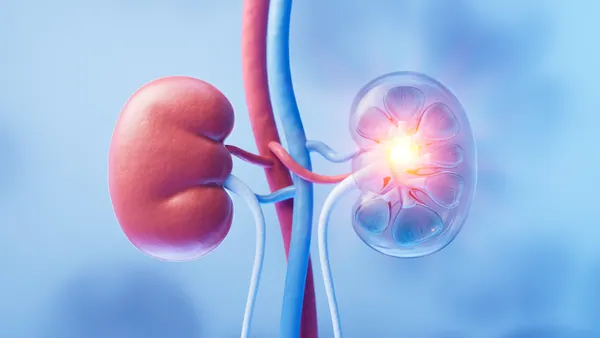Dive Brief:
- An experimental pill from Roche succeeded in a Phase 3 trial in early-stage breast cancer, helping prevent recurrence for longer than standard hormone therapies when administered after surgery in people with a common form of the disease.
- Roche didn’t provide specifics, but said that its drug, known as giredestrant, successfully extended disease-free survival compared to hormone therapy in people with ER-positive, HER2-negative breast cancer following surgical removal of a tumor. A “clear positive trend” was also observed on survival, though Roche said it’s too early to tell whether treatment clearly extended lives.
- Giredestrant is part of a new class of oral “selective estrogen receptor degraders,” or SERDs, that aim to supplant a decades-old injectable therapy. So far, these drugs have largely only proven helpful for a particular subset of patients with advanced disease. Roche’s medicine is the first so far to show a benefit in the “adjuvant” setting, though others are also in late-stage testing.
Dive Insight:
Roche had already hinted that giredestrant might be more broadly beneficial than its peers in October, when it released study results in patients with more advanced disease last month. Those findings were deemed by some analysts to be unconvincing, though, leaving questions about the drug’s potential superiority.
An approval in the adjuvant setting, though, could set giredestrant apart and substantially open up use while other companies are still gathering data. AstraZeneca is likely Roche’s closest competitor, with results from two trials expected next year. Lilly, which already has a marketed SERD called Inluriyo, could report findings in 2027.
AstraZeneca’s studies, if positive, could complicate the treatment landscape because one trial includes people who received hormone therapies before surgery, permits use of a type of drug called a CDK4/6 inhibitor, and allows treatment for up to seven years — much longer than giredestrant is being used in Roche’s trial, Jefferies analyst Michael Leuchten wrote in a note to clients.
AstraZeneca also recruited slightly healthier people and has “invasive breast cancer-free survival,” a stricter measure, as a main objective. That means AstraZeneca’s study could support use of SERDs in higher-risk patients, while Roche’s study is designed to prove whether SERDs are better than hormone treatments, Leuchten wrote.
How these results “redefine” the early treatment for ER-positive breast cancer “remains to be seen,” he added.
Roche said detailed data will be disclosed at an upcoming medical meeting. In the meantime, it intends to share the results with the Food and Drug Administration and regulators in other countries.













